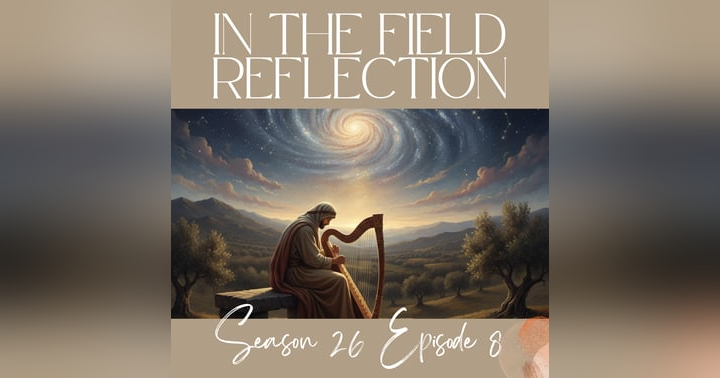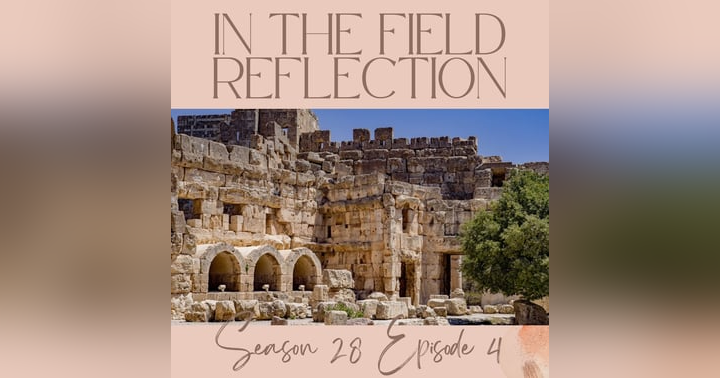Covenant Keepers: Restoring Honor to God's Name

In the heart of Malachi 2, we find ourselves walking alongside a weary prophet with a divine message that resonates through the centuries. This powerful text confronts us with a timeless challenge: the gap between our religious rituals and our everyday relationships. The Lord speaks not with distant thunder, but with the intimate grief of a betrayed covenant partner: "I have loved you," He declares, even as His people respond with cold indifference—failing to give honor to God's name, even in their worship.
The chapter opens with a stern warning to the priests, those entrusted with guiding God's people. "And now, O priests, this command is for you," declares the Lord. The message is unambiguous—those who should be closest to God had grown furthest from His heart. Rather than revering His name and standing in awe of His presence, they had corrupted the covenant of Levi. These spiritual leaders, meant to guard knowledge and provide true instruction, had instead caused many to stumble through their compromised teaching. The striking imagery of the Lord spreading "dung on your faces" graphically illustrates how their hollow, insincere worship had become offensive to God. The powerful contrast between what the priests were called to be—messengers walking in integrity—and what they had become—stumbling blocks showing partiality in their instruction—reveals the dangerous drift that can happen when familiarity with sacred things breeds contempt rather than deepening reverence.
But the indictment doesn't stop with religious leadership. The text moves from the temple to the home, revealing how unfaithfulness spreads like a fracture through every relationship. "Judah has been faithless," God declares, pointing to broken marriage covenants. Men were abandoning "the wives of their youth" while still bringing offerings to the altar, expecting God's favor. Their tears flooded the altar, but these were not tears of genuine repentance—they were tears of self-pity when God refused to accept their offerings. This powerful section reminds us that God witnesses every covenant made between husband and wife. His declaration, "I hate divorce," isn't about condemning those who have experienced the pain of broken relationships, but rather expressing His grief over the violation of sacred promises and the resultant suffering. The metaphor of "covering one's garment with violence" vividly portrays how breaking covenant trust does violence to the very fabric of our closest relationships.
The chapter concludes with a profound question that resonates through the centuries: "Where is the God of justice?" Even as the people question God's commitment to justice, the very question reveals their misunderstanding of His character. The God who confronts unfaithfulness does so not from a distance, but as one deeply invested in the covenant relationship. This text challenges us to examine our own lives: Where have we offered God our words while withholding our hearts? Are there promises we've broken, not just to people, but to God Himself? Is our worship built on reverence or mere routine? The invitation remains clear across millennia—God calls us not simply to religious observance but to relationship marked by faithfulness, honor, and truth in the inward parts. He is not impressed with sacrifices if we're tearing down sacred things behind closed doors, and He will not ignore injustice, especially when done in His name.
As we reflect on this ancient text, its contemporary relevance is startling. In a culture where commitment often yields to convenience and where public personas often mask private compromises, Malachi's message cuts through our sophisticated defensiveness. The challenge remains: "Guard yourself in your spirit and do not be unfaithful." God's desire has never been for perfect performance, but for integrated hearts that honor Him in both public worship and private choices. As we leave Malachi chapter 2, the invitation is clear—examine what's hidden, restore what's broken, and remember that faithfulness is not just about how we start, but how we finish. The God of covenant, the God of justice, still longs for hearts fully His.



